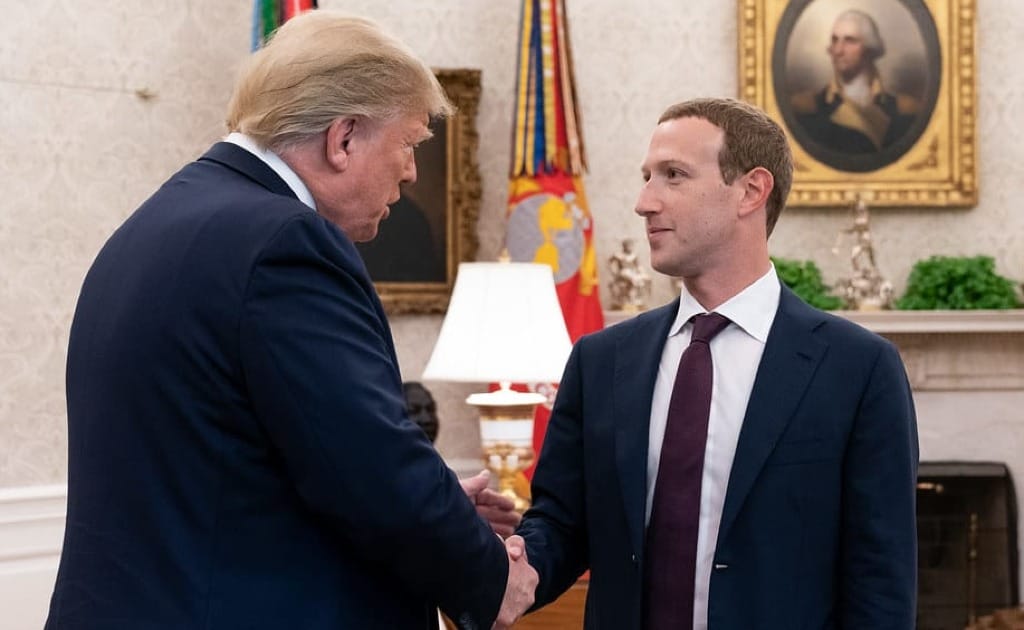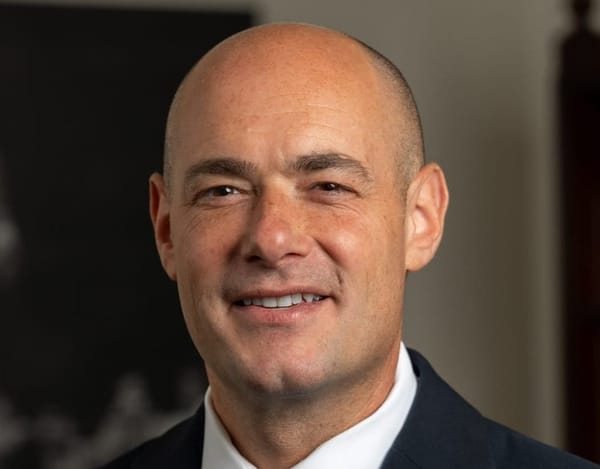Meta Scraps Fact-Checking Program Ahead of Trump’s Inauguration
The platform will shift to a user-driven moderation model inspired by X.
Jericho Casper

WASHINGTON, Jan. 8, 2025 – Meta’s decision to dismantle its years-long fact-checking program and adopt an X-style approach to content moderation has raised eyebrows, particularly given its timing — just weeks before President-elect Donald Trump’s inauguration.
The move, announced Tuesday, has widely been seen by experts as an effort to mend Meta’s strained relationship with Trump. The former president was removed from Meta’s Facebook in January 2021 after Trump used the platform to fuel the Jan. 6 riots at the U.S. Capitol and spread baseless claims of election fraud.
Meta CEO Mark Zuckerberg unveiled the shift in a video posted to Facebook, pledging to “get back to [the company’s] roots” and restore free expression on the platform. Zuckerberg cited the recent election as a “cultural tipping point,” adding that governments and legacy media had pressured the company to “censor more and more.”
“We’re going to get rid of fact-checkers and replace them with Community Notes similar to X, starting in the U.S.,” he said, marking the end of Meta’s years-long partnership with third-party fact-checkers who moderated posts in more than 60 languages.
Meta’s decision will mirror Community Notes on X, a user-driven fact-checking system praised for its speed and transparency. Speaking Tuesday at CES 2025, X CEO Linda Yaccarino described Community Notes as “the most effective, fastest fact-checking without bias.”
“Community Notes represents a global collective consciousness, keeping each other accountable at scale in real time,” Yaccarino said, “it couldn't be more validating than to see that Mark and Meta realized that.” She highlighted its impact on user behavior, noting, “When a post is noted, it’s dramatically shared less.”
The timing of Meta’s announcement has fueled speculation about its evolving relationship with the political right. The decision comes as Republicans gear up to challenge “big tech abuses” in content moderation and revisit Section 230, the law shielding online platforms from liability for user-generated content.
High-profile figures like incoming FCC chair Brendan Carr and Senate Commerce Committee chair Ted Cruz, R-Texas, have signaled their intent to push for reforms targeting perceived anti-conservative bias.
Trump himself suggested the changes were influenced by his previous criticisms. “Honestly, I think . . . Meta, Facebook they’ve come a long way,” he told reporters Tuesday, adding that the decision was “probably” tied to his past threats against Zuckerberg and the company.
In a book published in September, Trump wrote that Zuckerberg conspired against him during the 2020 election, saying he would "spend the rest of his life in prison" if he did it again.








Member discussion